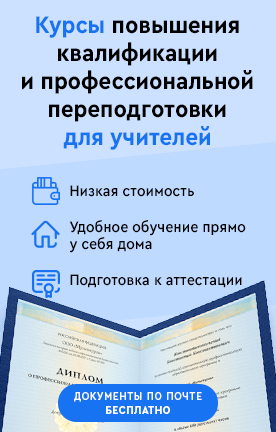Quantifiers
In English grammar, a quantifier is a word (or phrase) which indicates the number or amount being referred to. It generally comes before the noun (or noun phrase). The chart below shows which type of noun goes with which quantifier.
However, note that some of the examples in the chart can take on several different roles within a sentence. For example, ‘any’ can be used as a quantifier, a pronoun or an adverb:
- any as a quantifier: Have you got any tomatoes?
- any as a pronoun: I don’t want any of you making a noise.
- any as an adverb: Can’t this car go any faster?
In these notes, we are only considering these words/phrases asquantifiers.
Quantifier
Singular
nouns (C)
Plural
nouns (C)
Uncountable
nouns (U)
all–YesYesanyNo, but see note.YesYesboth*Yes*eachYes––enough–YesYeseveryYes––few/a few/fewer–Yes–little/a little/less––Yeslots of / a lot of–YesYesmany–Yes–more–YesYesnoYesYesYesseveral–Yes–some–YesYes
Quantifiers are used at the beginning of noun phrases:
- before a noun on its own: fewer answers
- before an adjective and noun: some useful phrases
- before an adverb, adjective and noun: every really pleasant experience
Normally two quantifiers cannot be used together before the same noun. However, the quantifiers alland both are found immediately before the or a possessive pronoun: all my relatives, both the ministers. You will also see the following combinations of quantifiers:
- a little less noise
- a few more questions
- every few minutes
Many, much, a lot of
These are all used to talk about a large quantity of something; many is used only with C nouns,much with U nouns and a lot of can be used with both.
Only many and much can be preceded by the words how, to form questions (how many / how much …?). The word too can be used to express a negative idea (too hot, too cold) and so, to show the speaker’s attitude to the quantity (so many that … /so much he couldn’t …). Many andmuch tend to be rather formal in use and are therefore often found in legal documents, academic papers and so on; in speech we often use phrases like a lot of, loads of, tons of, hundreds of.
Few, little
Again, the meaning of these two words is similar since they both refer to small quantities, except that few is found with C nouns and little with U nouns.
If they are used without the indefinite article, a, they have the sense of not enough and are negative in feeling (few events, little interest) but these are quite formal and we would normally prefer not many events and not much interest.
When few and little are used witha they simply mean a small quantity with no extra negative overtones: a few events (i.e. three or four) and a little interest (i.e. some interest, but not a lot).
Any
Any can be used before countable and uncountable nouns usually inquestions and negativesentences:
- Are you bringing any friends with you?
- Do you have any coffee?
- I can’t remember any songs.
- He isn’t taking any chances.
If we stress the word any heavily when speaking, we are suggesting an unlimited choice from a range of things or an unrestricted quantity; in this case its use is not confined to just questions and negatives:
- Help yourself to any sandwiches. (the choice is yours)
- Don’t you like any Beatles song? (I can’t believe you dislike them all)
- I can’t see any difference. (nothing at all)
Some
Some is usually thought of as the positive counterpart to any in many circumstances.
- I’m bringing some friends with me.
- I have some coffee.
Like any it is used before both C and U nouns, and means an indefinite quantity but not a large amount. The general rule given above for the use of any in negative sentences and questions does not always hold in requests and offers where we often use some to mean a small amount of a known quantity:
- Would you like some cake? (here is the cake, do you want a piece of it?)
- Could I have some biscuits instead? (any would not be possible in this case)
If we stress the word some in positive and negative sentences and in questions, we are suggesting a limited quantity or number of something:
- I like some Beatles songs. (But certainly not all!)
- I can see some difference. (But not a lot!)




















